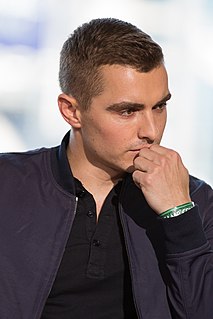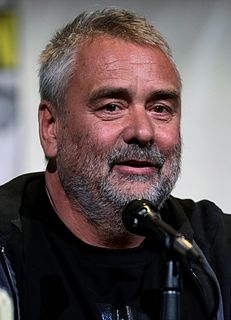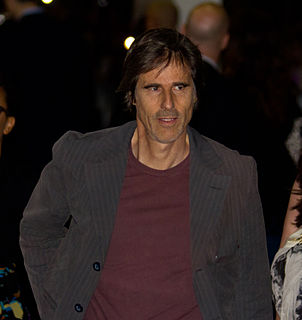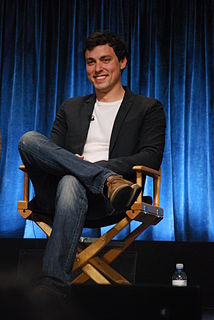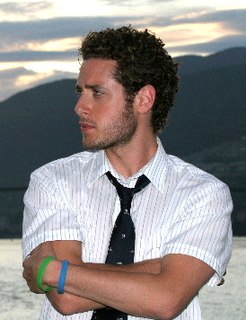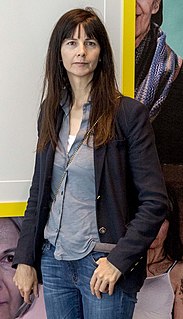A Quote by Dave Franco
There's so much more freedom in film as far as subject matter and what can be said. And then, also, the process is different because there's more time. On movies there's just so much freedom and space to explore in front of the camera.
Related Quotes
You know, it's not my film [Valerian], it's really their film. It's very strange. And maybe because it's more when you comes to the Marvel films it's way much more organized and plan, you know, they planned. Okay, we have Thor here, we have this and then we do The Avengers, and then we group. You know, it's much more organized. So maybe there is a little less freedom at the end for the creative people. Where I did the entire opposite. I let them help me, you know. So that's also why maybe they were so involved.
In making a movie, you're part of a big machine. Even in a small movie there are still so many people involved in the process, and it costs so much money to make. There is so much more invested in it for a lot of different people, so much money is sunk into it that they usually want some guarantee or promise that it's going to be able to do something on a financial level. There's just a lot more messing with you in film. I love movies and I love to watch movies and being a part of the whole film experience.
I enjoy both acting and screenwriting, in completely different ways. You have more creative freedom with writing because you can create everything that happens. But, as an actor you also have creative freedom because you don't so much focus on what has to move the story along, and only on how your character is reacting to situations.
There are, however, many challenges to Asian universities. First, academic freedom, in all senses, is much more critical to the success of a university than how much money is spent on infrastructure or on hiring big names. Faculty need to have the space to pursue the research that they are passionate about and the also need to have the freedom to express their opinions in the university, and in the society as a whole.
You want to give the person as much freedom as you can within the boundaries of being a responsible producer with a contract to a studio. It's about giving as much freedom as you can, and the more the filmmaker proves he or she is on the track that you feel good about, then you just kind of watch dailies.
We have African-Americans and black people getting behind the scenes more and more, we get true black images in television and film...because we have black people behind them. They can tell stories from those points of view and bring to life those characters who have yet to be shown. As long as we have people behind the camera just as much as in front of the camera doing the work, then we'll always be good.
The strength of film is its accessibility and immediacy. But the strength of books is that freedom to really depict anything you want because people are going to be reading it in private. So, I'm always trying to write with the immediacy and the constant motion of film but I'm also trying to write with the complete freedom of subject matter that books have.
What interests Sam Mendes are characters and relationships, and he was a genius at giving you the freedom to create the type of character you want, and also to explore and have fun with your fellow actors. For him, characters and relationships are really the heartbeat of the film, and then the action is the backdrop. By developing the characters, he makes you care that much more about the action and going on a journey with the characters.
A sitcom, you rehearse for four days of the week and then you shoot it all in one night in front of a studio audience. It's like a play every week, you just shoot it over a seven or eight-day period with a single camera. I enjoy this format of show much more. I'm a feature guy. I like making movies. So the four camera thing I didn't love it that much. I found myself slightly out of my element.
Of course, you can never watch something like somebody else watches something like you, but nonetheless, you have to try. So I think on camera you learn a lot about how much the camera does for you, which is what is the great luxury of movie acting. Or acting whether it's TV or movies or whatever it is, that the camera's really such a gift because there's so much that it sees and does if you're willing to just be open and expose yourself and all of that. So you also learn what doesn't matter. And sometimes when you think about things, you think things matter that don't matter.
